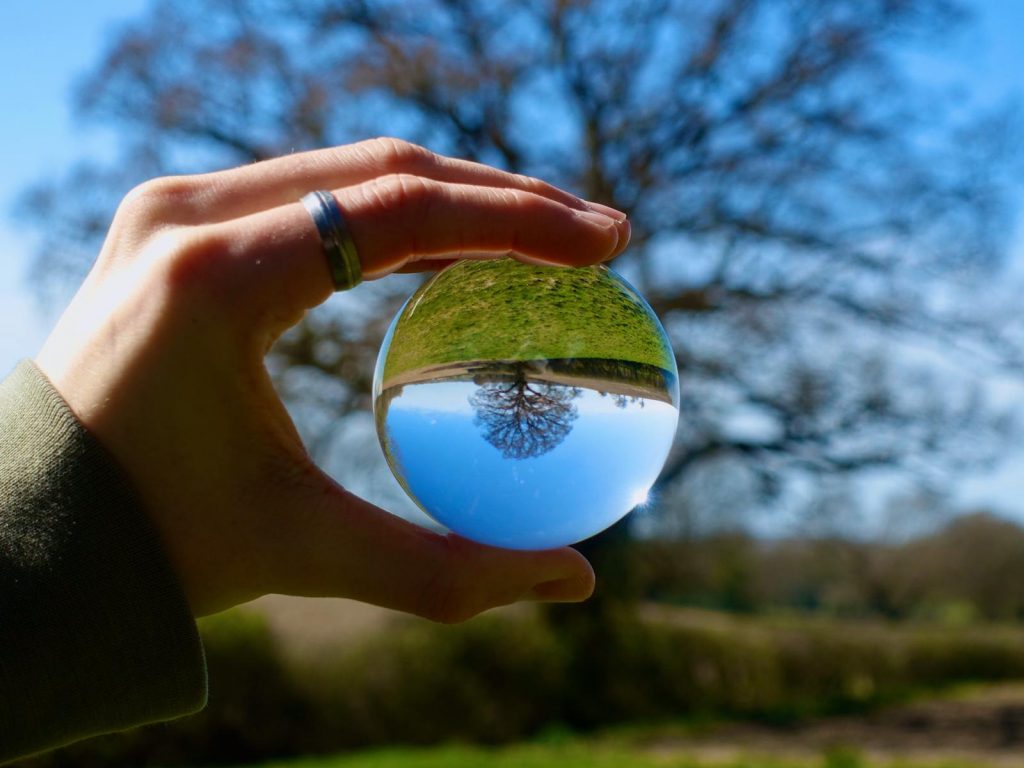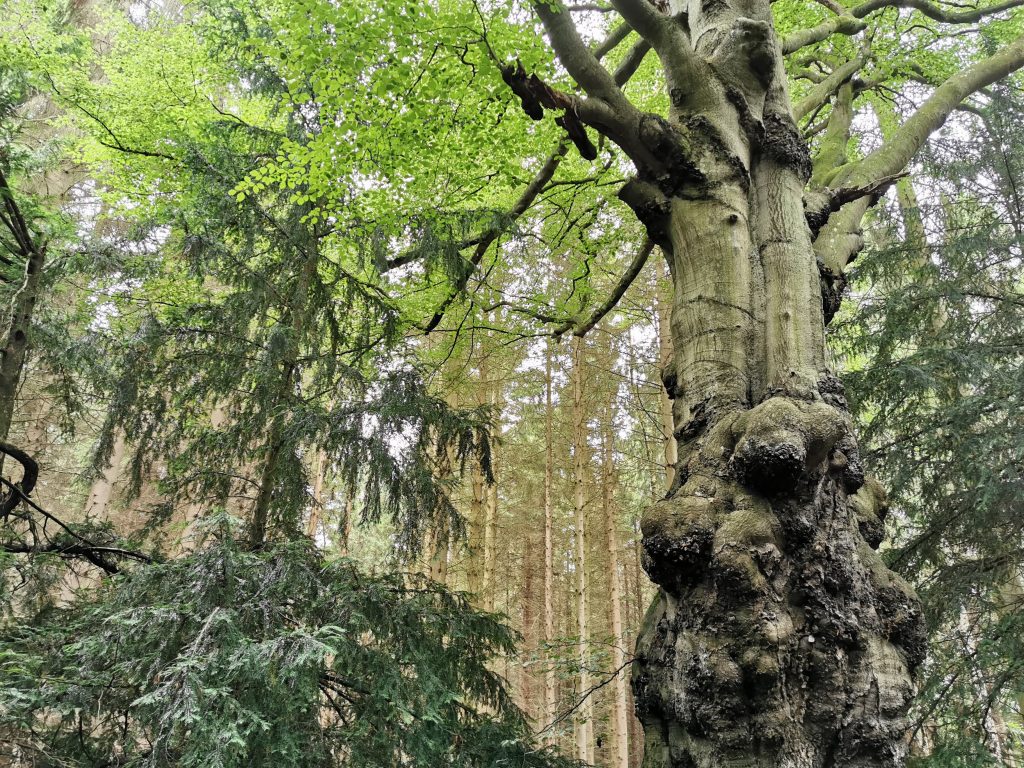The latest CRE blog features a guest post by MSc Sustainable Agriculture and Food Security student Jack Swain. Here he talks about the importance of nature and its’ impact on mental wellbeing.

The COVID-19 pandemic has changed lives across the globe. Here in the UK, we are forced to stay inside our homes and are only allowed to leave to collect food and supplies, care for vulnerable people and exercise once a day. The focus so far has been on reducing the lives lost to the virus and the economic recession that is likely to follow. However, the coronavirus will have other secondary wide-ranging impacts, namely on emotional wellbeing. But there is hope to be found in reconnecting with nature.
Emotional wellbeing has not been treated with the same priority as limiting deaths for obvious reasons. As we get further into this crisis, the secondary impacts of self-isolation will become more obvious. The term ‘social recession’ has been used by several commentators to describe the harmful effects to mental and physical health that reduced human interaction, loneliness and isolation can cause. The so-called loneliness epidemic just became pandemic.
Coronavirus threatens the social connections that humans require. We have evolved to feel safest in groups thanks to our hunter-gatherer origins, where teamwork translated to higher chances of getting food and defending our families. Forced isolation goes against our primal need for connection and causes increased stress. Cortisol levels, a key stress hormone, become heighted if experienced for an extended period of time and overall cardiovascular function decreases with the effect equivalent to the impact of being a smoker or non-smoker. Isolation just doesn’t suit our social nature. Adjusting to life inside, which involves working from home, caring for children and vulnerable people, and not visiting bars, restaurants and cinemas, can have a significant effect on our mental health. These changes can create the conditions for loneliness, referring to the subjective experience of isolation, and ultimately lead to an increase in long-term acute loneliness.
Nature can help us to lessen the impacts of loneliness and isolation. Spending time in nature has real, measured impacts on the body and mind. It has the healing ability of alleviating stress and providing deep psychological relaxation, as well as supporting physical activity. A study by DEFRA found strong evidence linking contact with nature and health benefits, stating that it improves mental wellbeing and even maintains a healthy immune system, effectively making you happier and healthier(1). This message is echoed in the traditional Japanese concept of Shinrin-yoku, which translates to ‘forest bathing’ or taking in the forest atmosphere. Spending as little as 2 hours per week surrounded by trees and greenery has been found to have strong positive effects on health and wellbeing(2) by reducing blood pressure, increasing parasympathetic nerve activity and lowering concentrations of stress hormones(3).

Our rural spaces can play a large role in curbing the impacts of coronavirus on our mental health. Strict government measures have enforced many rules upon what we can do, who we can see and where we can go. But within these new rules is the guidance that people should still go outside for fresh air and exercise. A brief survey carried out for this blog post found that participants talked about feeling more peaceful, refreshed, inspired and generally positive when they made the effort to walk in parks and wooded areas. Being outside surrounded by nature reduced the feeling of being trapped or contained when isolated in their homes. Social distancing can still be observed when enjoying the natural environment and we have many parks, woodlands and urban green spaces that remain accessible to visitors. It is important to respect the current rules when out enjoying nature, ensuring you are at least two metres apart from those you don’t live with and not congregating in groups. I hope this blog post inspires you to go for a walk, run or cycle in your local green space during these tough times.
Why not tag @cretweeting on Twitter with images of the nearby outdoor spaces you are making the most of.
References
1. Lovell, B. (2017) DEFRA evidence statement on the links between natural environments and human health. Available at: https://beyondgreenspace.net/2017/03/09/defra-evidence-statement-on-the-links-between-natural-environments-and-human-health/ (Accessed: 26th March 2020).
2. White, M.P., Alcock, I., Grellier, J., Wheeler, B.W., Hartig, T., Warber, S.L., Bone, A., Depledge, M.H. and Fleming, L.E. (2019) ‘Spending at least 120 minutes a week in nature is associated with good health and wellbeing’, Scientific Reports, 9(1), p. 7730.
3. Park, B.J., Tsunetsugu, Y., Kasetani, T., Kagawa, T. and Miyazaki, Y. (2009) ‘The physiological effects of Shinrin-yoku (taking in the forest atmosphere or forest bathing): evidence from field experiments in 24 forests across Japan’, Environmental Health and Preventive Medicine, 15(1), p. 18.
